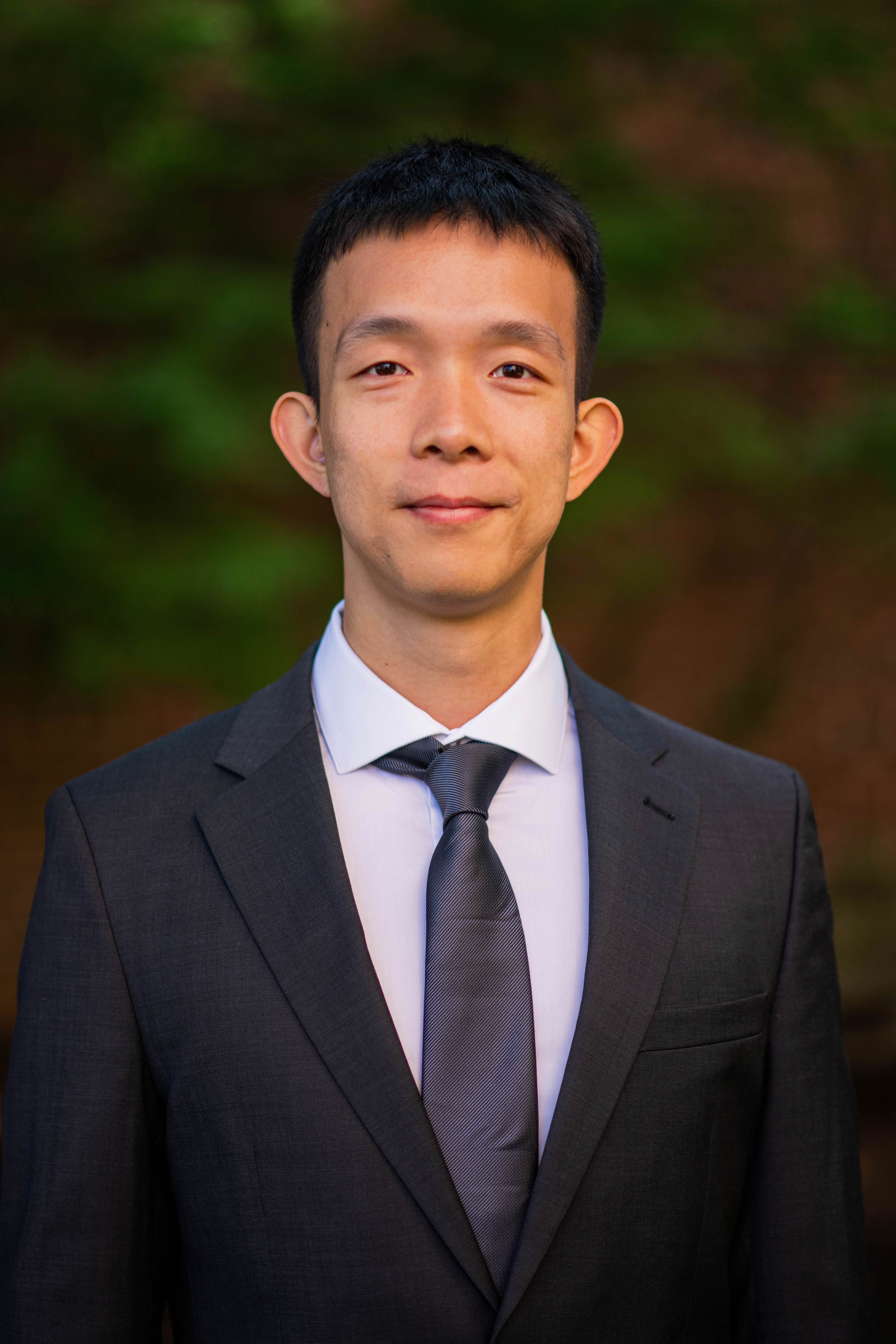Research
Working Papers
- Nonparametric Estimation of Treatment Effects with Endogenous Peers
Abstract | Job Market Paper
When individual outcomes depend on peer outcomes, treating an individual in a network affects all connected individuals. This causes the absence of a control group and threatens the validity of causal inference. Existing methods assume linear functional forms and exogenous networks, or exclude the dependence on peer outcomes. By introducing a nonparametric peer effect model, I prove that the treatment effect is identified by comparing individuals with the same neighbors but different treatment status, which does not rely on the above assumptions. Estimation is performed using a combination of a kernel estimator, which relaxes the same neighbor condition in finite samples, and the method of sieves. The consistency of the proposed estimator is then established. Application of this method to an anti-violence campaign suggests that the effect of the campaign on individual attitude is increasing in the average neighbor attitude.
Various Studies have highlighted the role of homophily as a driver of network formation. Homophily refers to the idea that 'birds of a feather flock together'. The more general idea is that the difference in characteristics affect the network formation. However, when testing for the presence of homophily, researchers typically assume speciifc functional forms and distance measures for the difference in characteristics. However, economic theory provides little guidance on these assumptions and they can vary considerably across contexts. This paper provides a flexible test for homophily, imposing minimal assumption on the functional form of of link formation and the distance meausre. Homophily is characterized through derivatives of the conditional linking probability and the non-parametric density-weighted derivative is used to construct the test statistic. Asymptotic normality of the test statistic is established. A step-down procedure to select the homophilous variables among a set of variables is also constructed.
Work in Progress
Competition, Education and Social Preferences: An Experiment (with Jing Li, Albert Ma and Daniel Wiesen)
